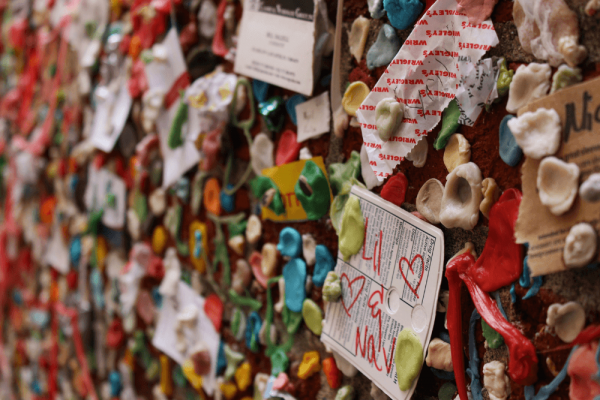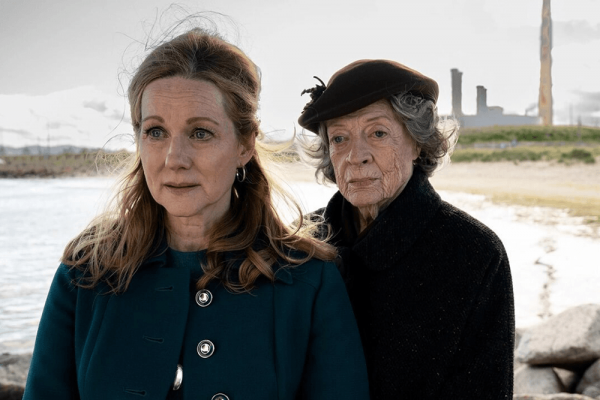For the 49 years that Roe v. Wade protected legal abortion across the country, religious groups, including Catholic bishops and conservative evangelicals, became some of its loudest and best-known opponents. And when the Supreme Court overturned Roe v. Wade in 2022, many Christians claimed it as both a political and spiritual victory.
Known as much for her outspoken views on religion, sex, feminism, and war as for her music, she will be remembered in some quarters for ripping up a photo of Pope John Paul II during a 1992 television appearance on “Saturday Night Live,” declaring: “Fight the real enemy.”
In the beginning, Ruth Handler created Barbieland. And Ruth said, “Let there be pink,” and there was pink.
Both films are sympathetic to creators, but neither film lets their creations off the hook. Oppenheimer worries aloud how the nuclear power he unleashed will shape the atomic age. Barbie faces a lunch table of schoolgirls who tell her exactly how the Barbie beauty standards made them feel un-feminine. But both films ultimately move beyond the myth of the single creator and focus on the forces that shape that creation’s ongoing impact on the larger world.
Musician Derek Webb, who started out with the band Caedmon’s Call in the 1990s, has “spent a career gnawing on the hand that feeds me in the evangelical Christian world,” he told Sojourners. From his time in Caedmon’s Call to his work as a solo artist for the past 20 years, Webb has outlined a winding and vulnerable journey of doubt, love, grief, and freedom. Most recently, Webb has been reckoning with his evangelical past, writing what he calls his “first Christian and Gospel album in a decade.”
Shortly after former president Barack Obama released his annual summer playlist, this missive showed up at the Sojourners office emblazoned on stone tablets. We're publishing it here in full.
In this day and age, even a very good restaurant struggles to survive; thriving is a pipe dream. And in this way, the restaurant industry doesn’t sound so different from Western Christianity.
In May, Surgeon General Dr. Vivek Murthy declared social isolation to be a U.S. public health crisis for its link to depression in youth and increased risks for many health conditions in older Americans.
The authors tackle a variety of common questions around sex, faith, and the church: What does the Bible actually say about sex? What are Christian teachings on sexual pleasure? Is spiritual trauma from purity culture a real thing? And the million-dollar question: If I no longer believe in purity culture, how do I create a new sexual ethic that’s still rooted in my faith and values?
The Miracle Club, starring Maggie Smith, Kathy Bates, and Laura Linney, is itself something of a miracle: Despite being attached to a major star (Smith) and a compelling story, the film, directed by Thaddeus O’Sullivan, almost never came to fruition.









